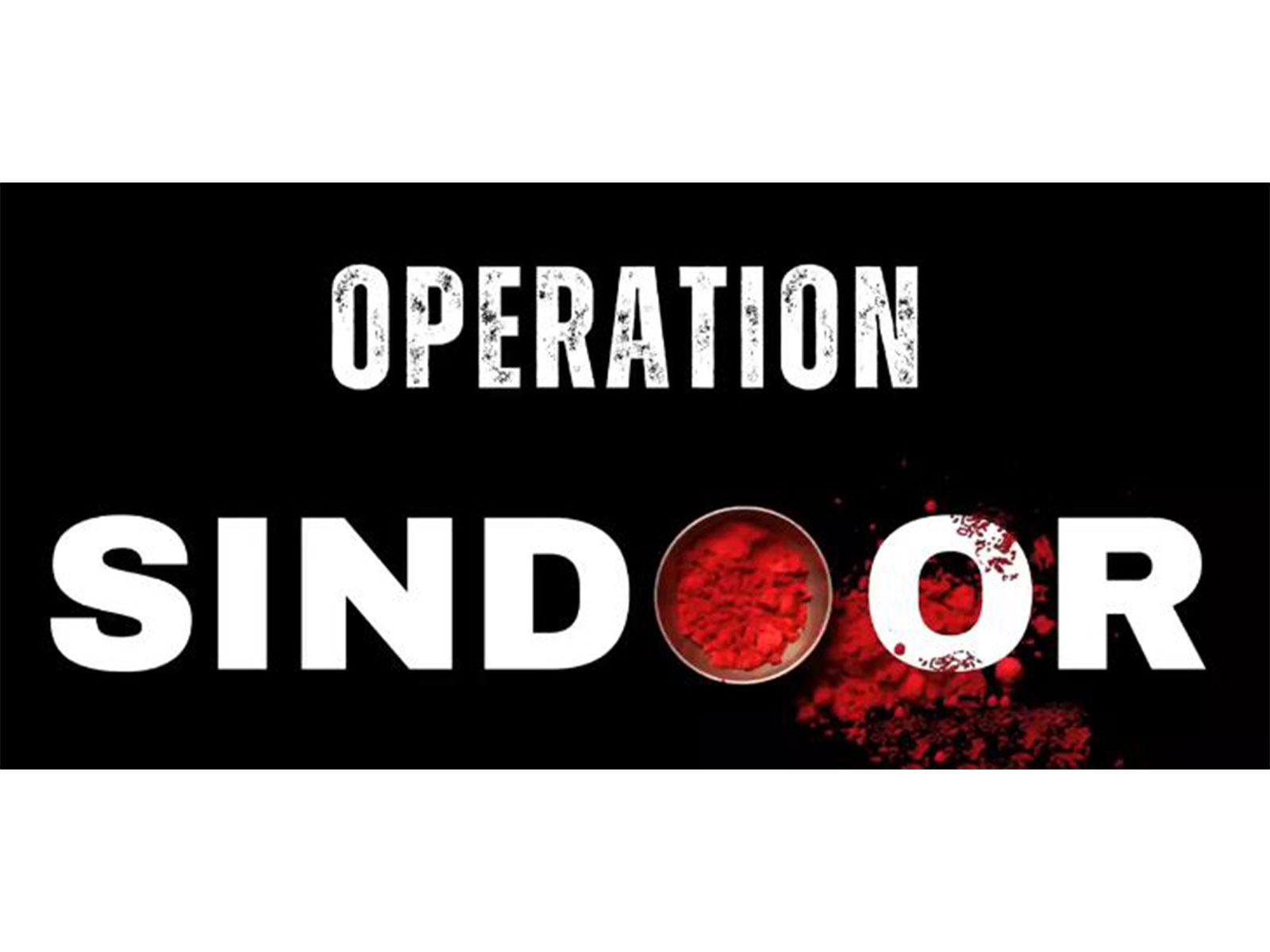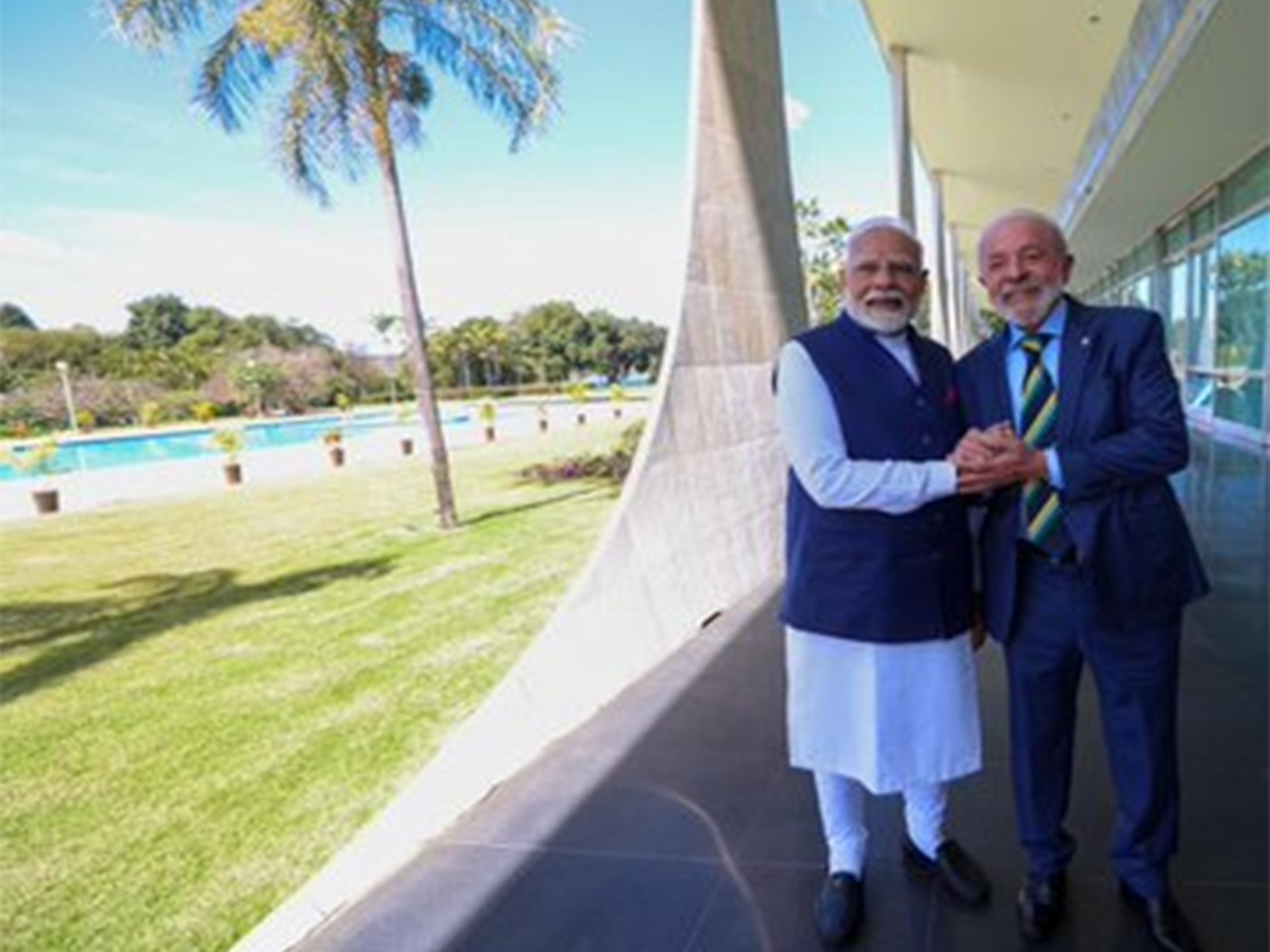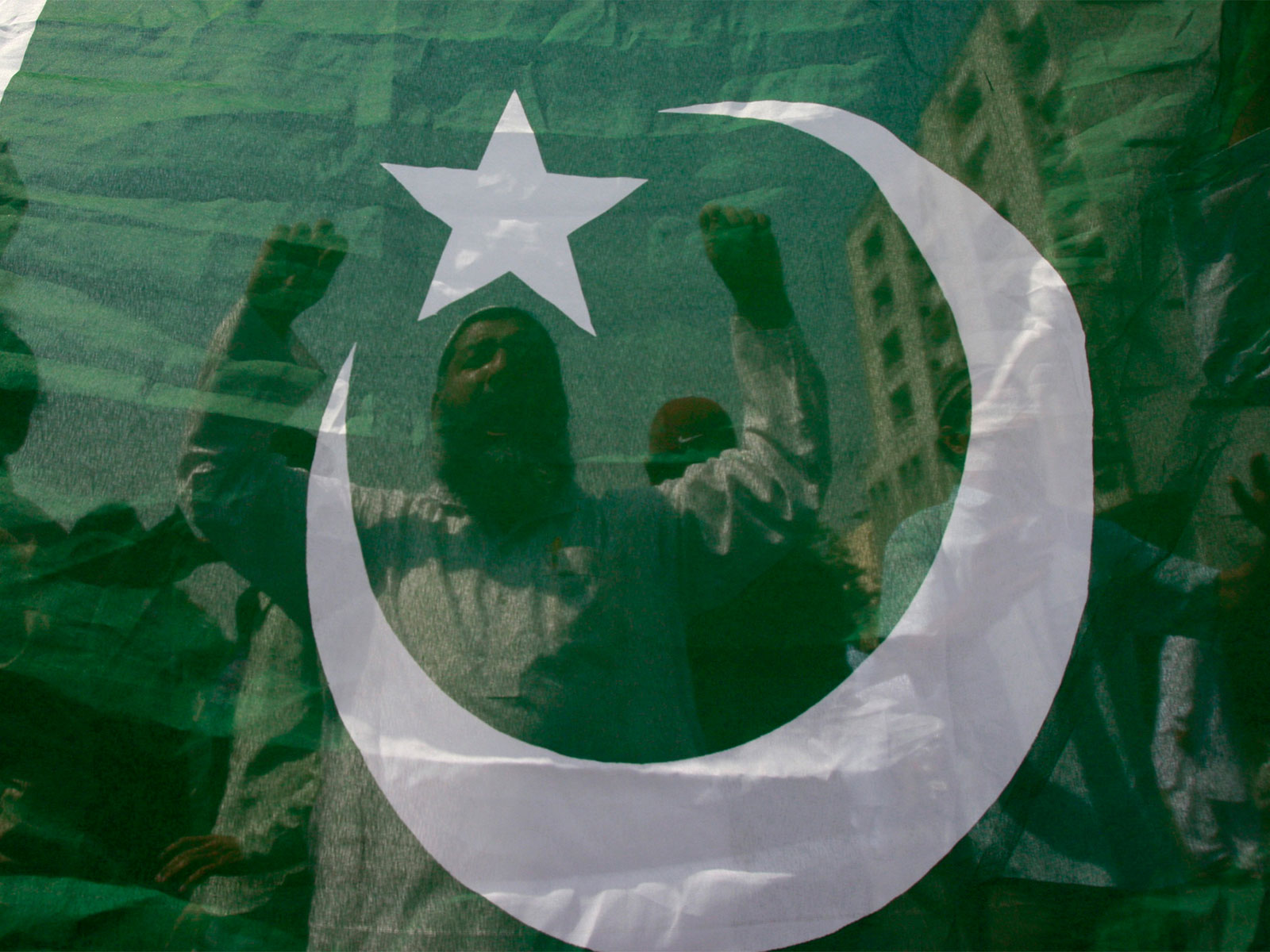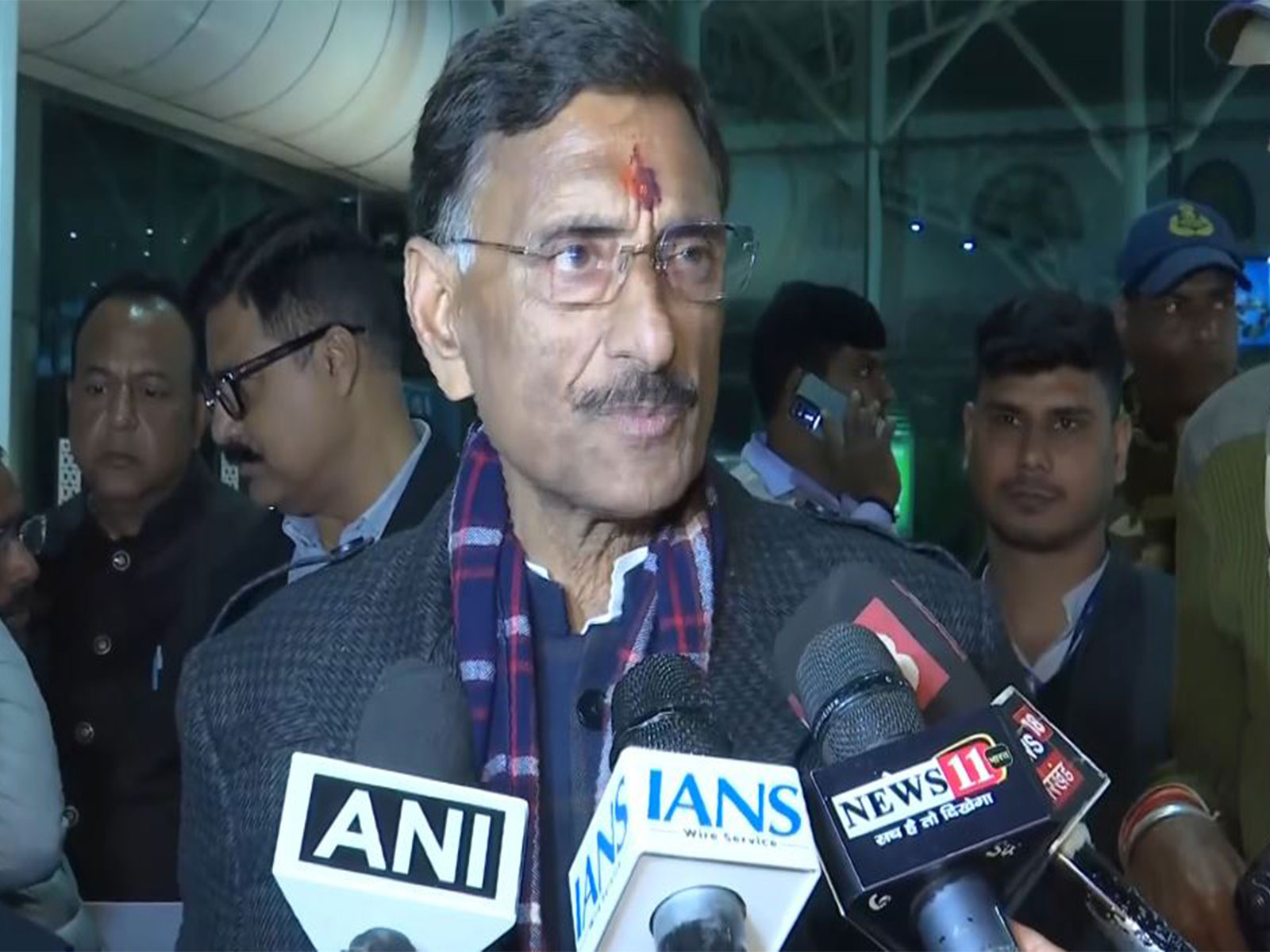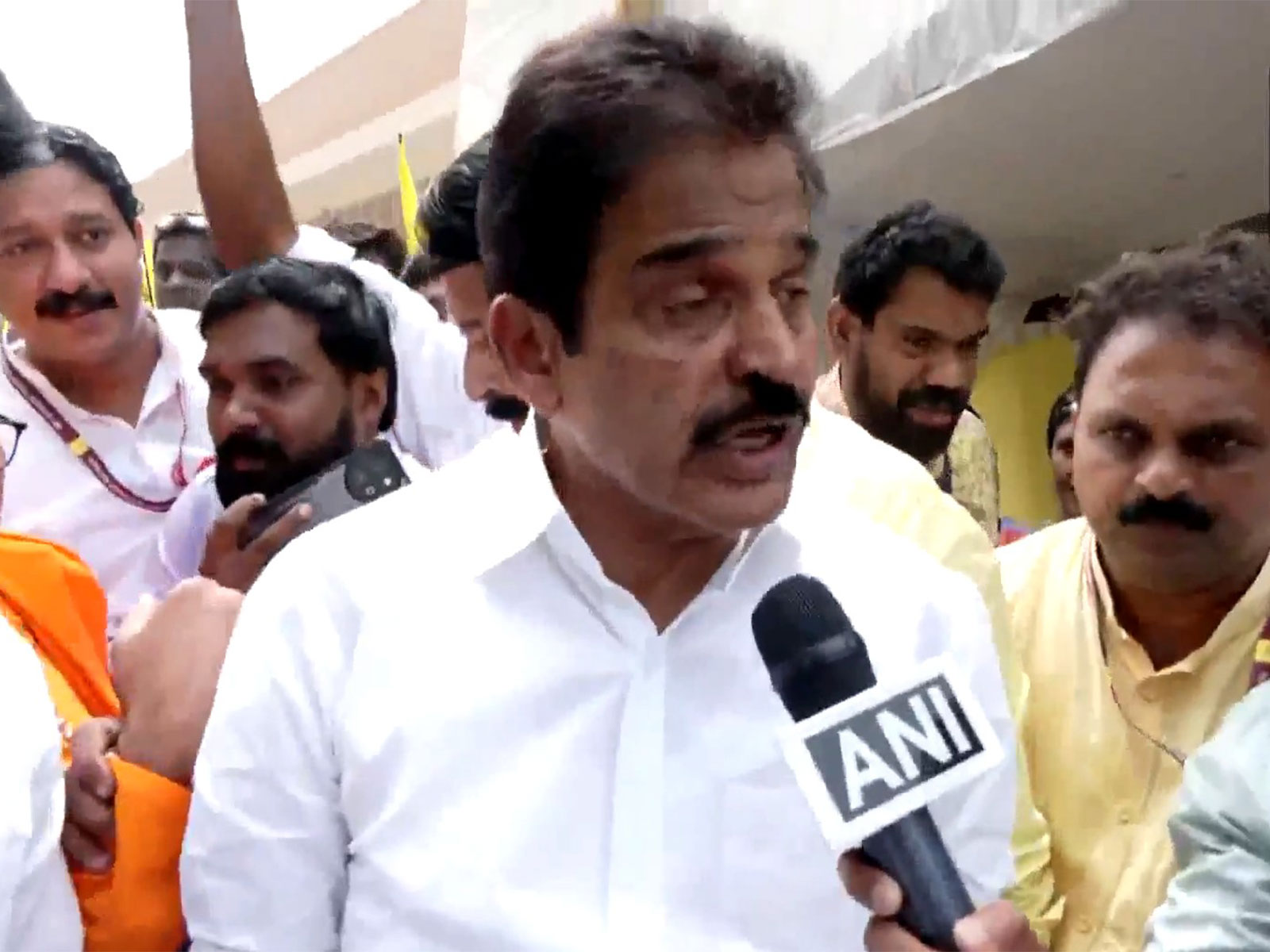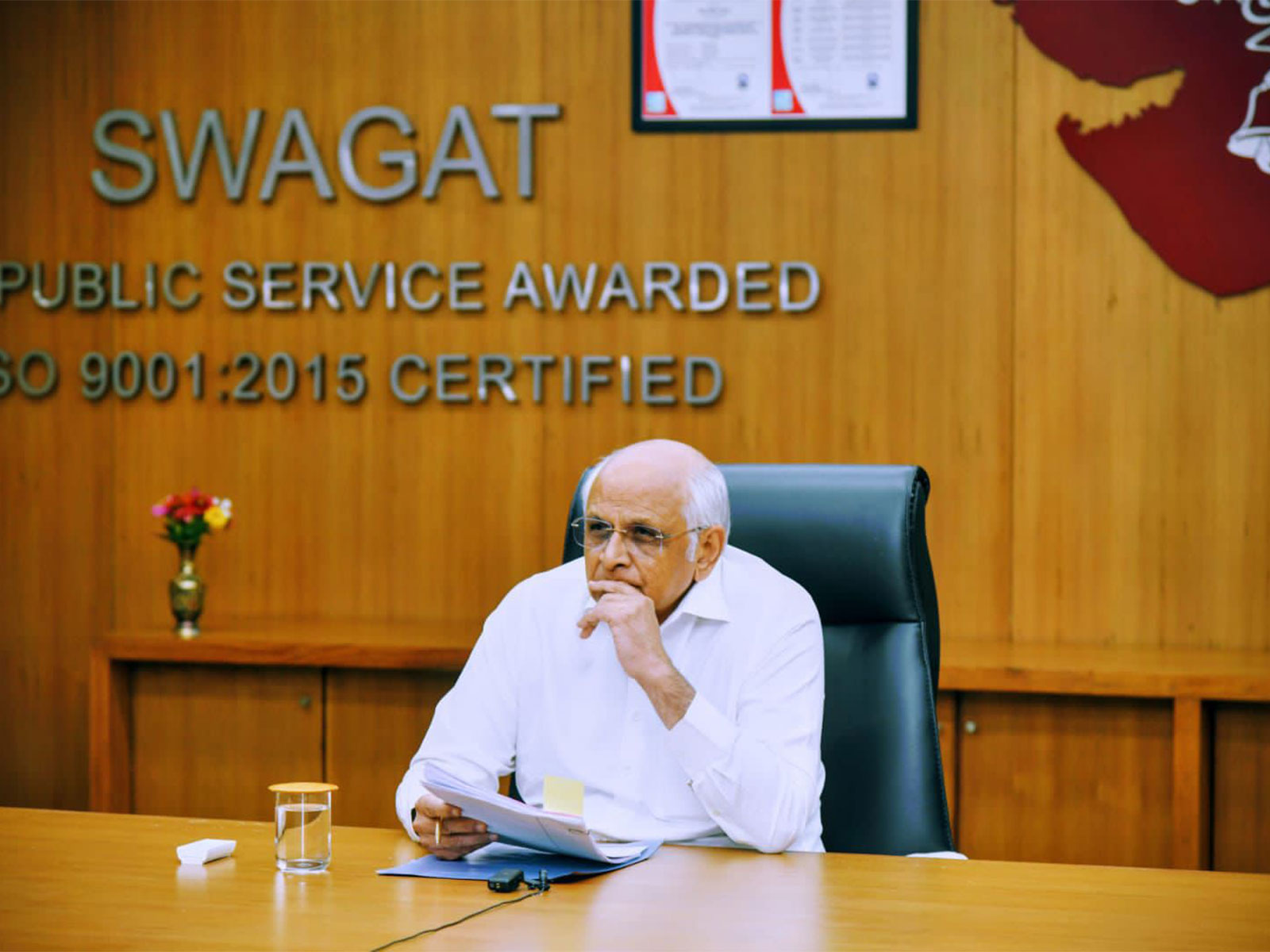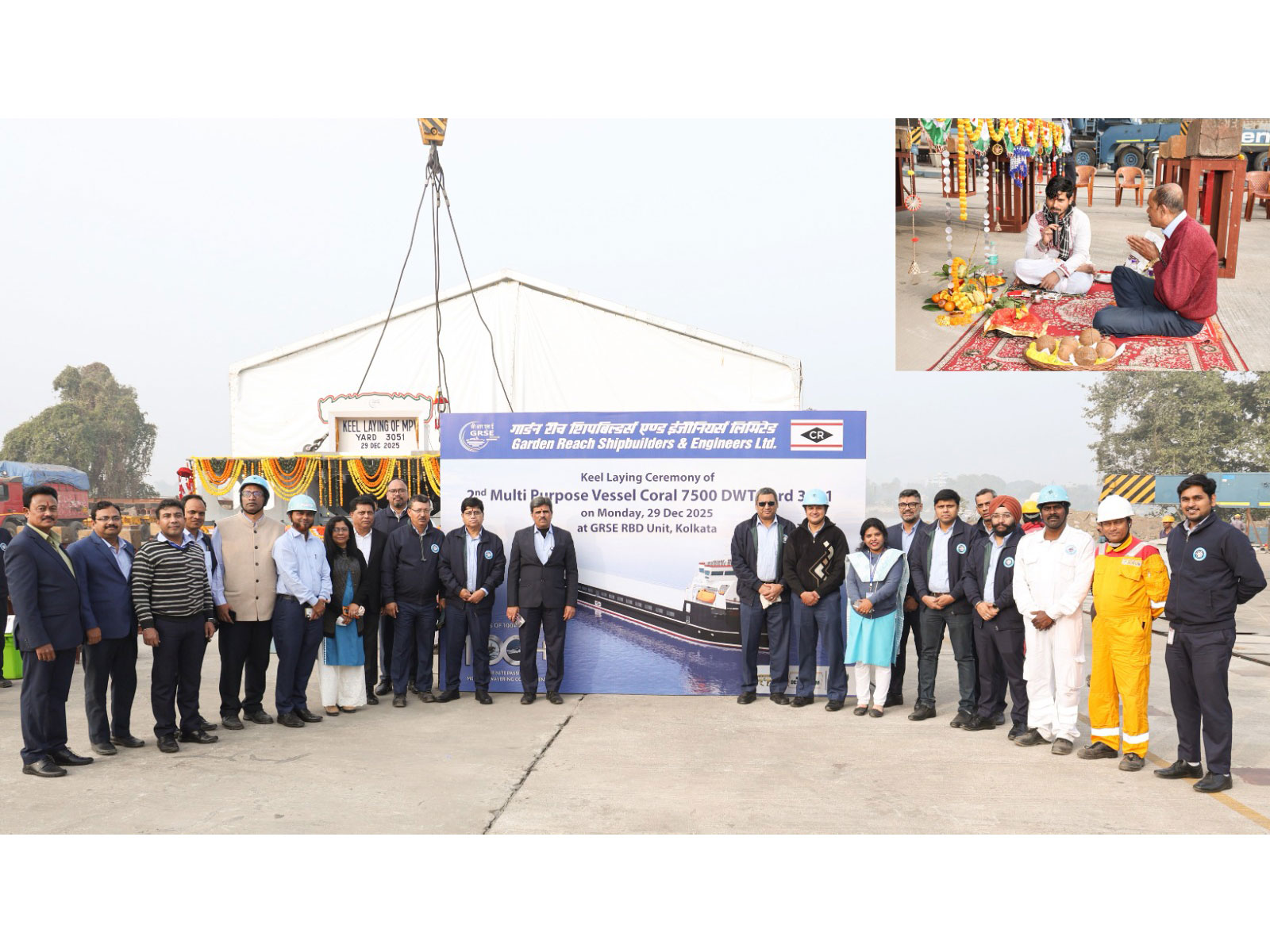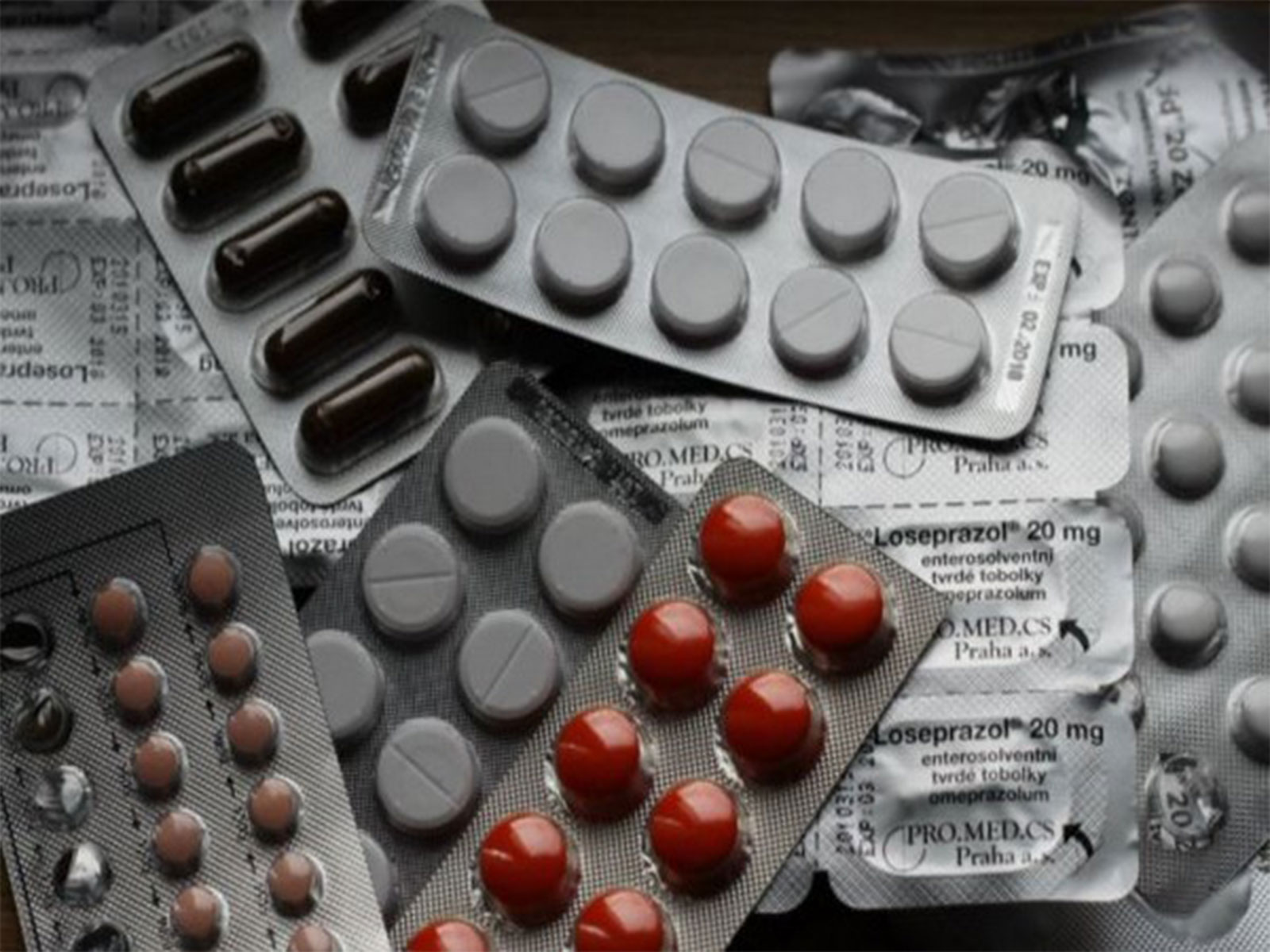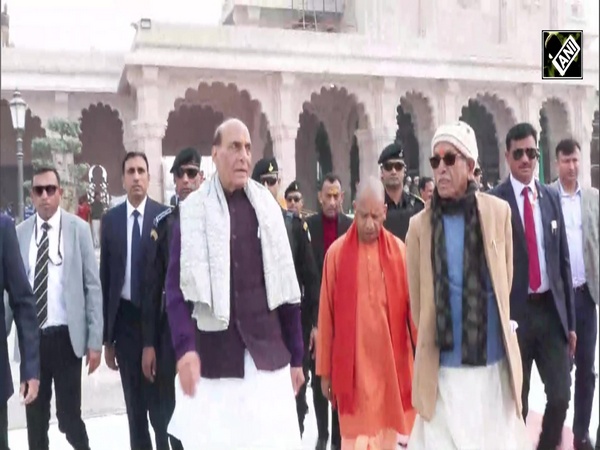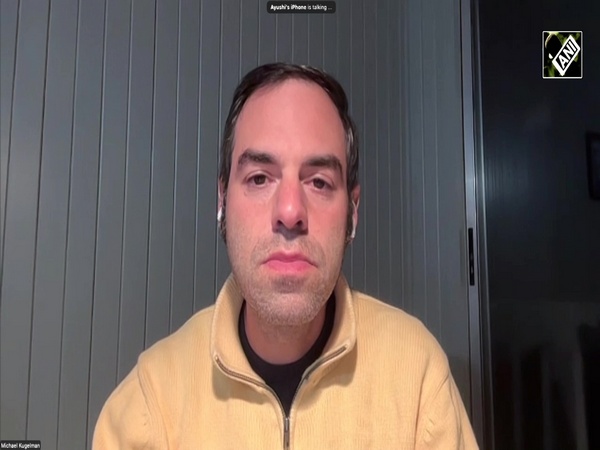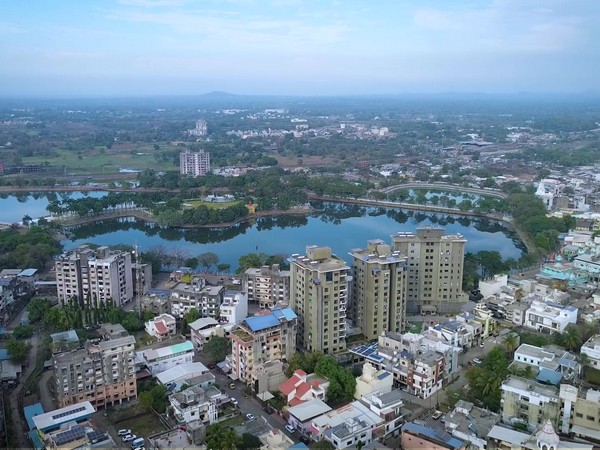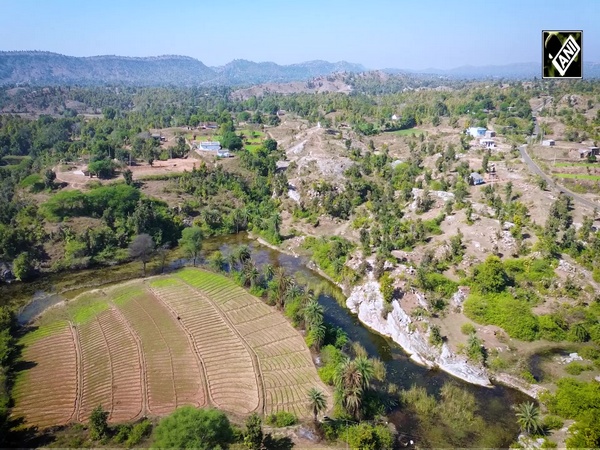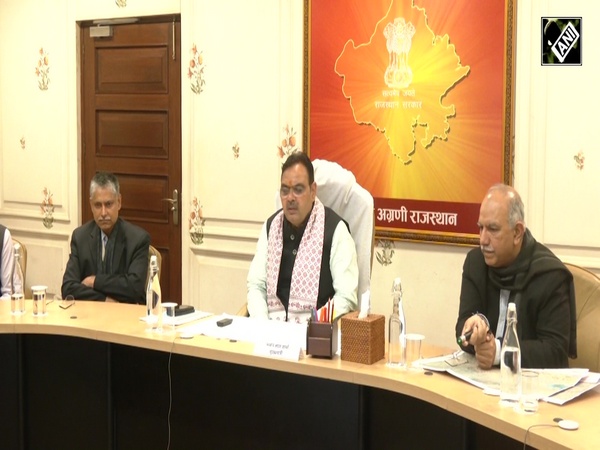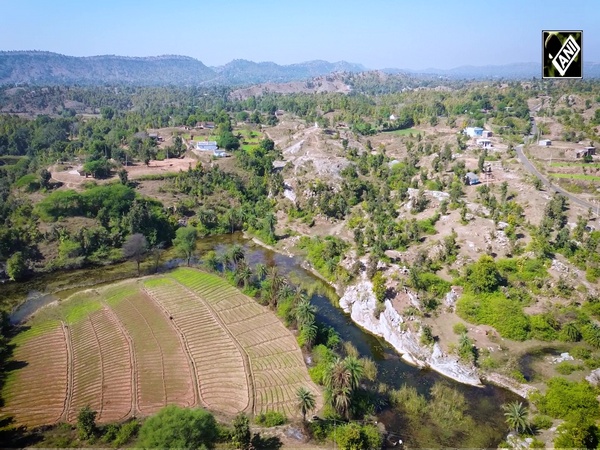Upcoming elections and price rise may trigger hyperinflation in Nepal: Report
Feb 21, 2022

Kathmandu [Nepal], February 21 : With the country scheduled to go to polls on May 13 and rising fuel prices, Nepal may face a hyperinflation situation in the coming months.
Prices of goods may go through the ceiling resulting in hyperinflation if the government is lax in monitoring the market properly and does not rein in mounting fuel costs ahead of the planned two key elections this year, said The Kathmandu Post citing consumer activists.
Madhav Timalsina, president of the Consumer Rights Investigation Forum in Nepal said, "With soaring fuel costs fanning inflation, the upcoming election will cause a headache for the government," quoted the daily. He further said, "In this situation, manufacturers and traders compromise on the quality of food products and prices as they are protected by political parties."
The country's inflation breached 7 per cent in the first five months of the current fiscal (2021-22). Last Saturday, the state-owned monopoly Nepal Oil Corporation hiked the price of petrol, diesel and kerosene by Rs 3 per litre each, pushing petrol prices to their highest level on record, said the report.
The inflation comes amidst a slow recovery from the COVID-19 pandemic impact. The country witnessed a negative economic growth rate of 2.1 per cent in 2019-20 for the first time in four decades.
The country has also been unable to benefit from duty-free access to Chinese markets as most of the agro-based primary products are not included in the Chinese list of Duty-Free Quota Free (DFQF), hence, Nepal has not been able to utilize this facility and exports only about 247 products to China under the duty-free agreement. Nepal has been requesting China to include 512 more of its products in the list where it has a comparative advantage.
Consumer activists and experts say that when elections approach, market monitoring is relaxed as political parties seek to raise campaign funds. As the poll date nears and the campaigning intensifies, price controls go out the window, the report further said.

